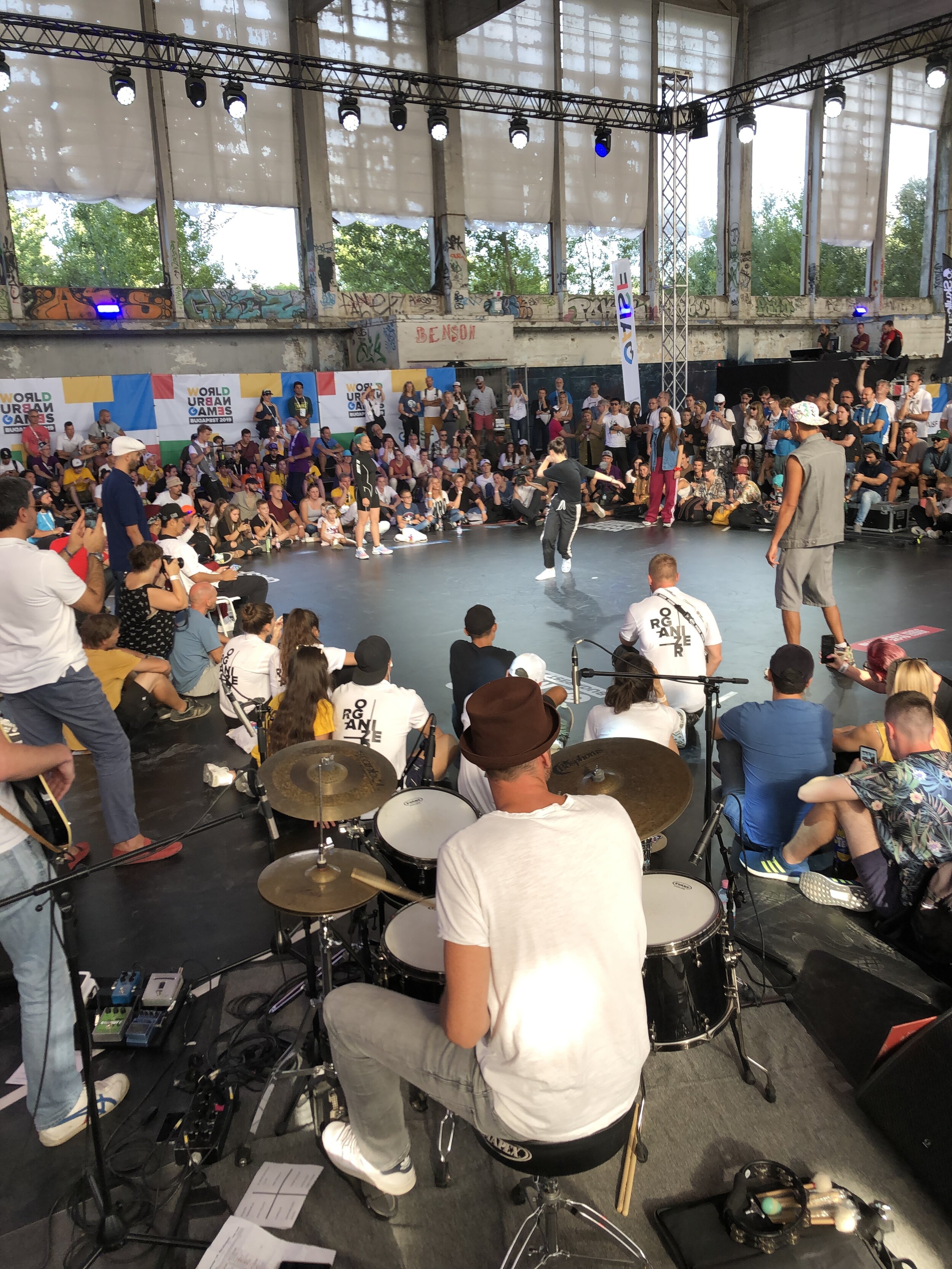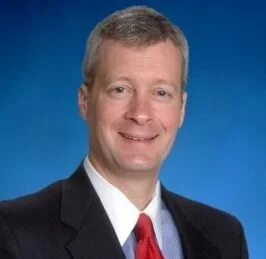Roughly twice a month, the U.S. Olympic & Paralympic Committee sends out a fundraising appeal. Each appeal features a different Team USA athlete. So, in all, these appeals feature roughly 25 athletes a year, each of whom gets what is described as a modest fee for appearing in the USOPC advertisement.
Fundraising is big business for the USOPC. Over what is called the 2017-2020 quadrennium, it exceeded its $125 million overall goal; the final numbers are still being calculated, according to Paul Florence, senior vice president for strategy and operations. The twice-per-month appeals — which go out via direct mail and electronically — accounted for $3.54 million in 2020, up ever-so-slightly from $3.50 in 2019, Florence said.
This is the story of one such recent appeal — a tale that underscores two basic tenets.
First, athletes are entitled to their personal lives, which they assuredly can express on their social media pages. But when the USOPC opts to feature an American athlete in its fundraising materials, it should — must — perform adequate due diligence in reviewing what’s on those pages to ensure it does not undermine or contradict the Olympic values and the USOPC mission.
Second, though this story centers around track and field, it is well beyond that. To effect change going forward, it is key to understand how things not just are changing but have changed, and dramatically. Social media is increasingly central as a means for athletes to tell their own stories without using the press, which traditionally served as a filtering — and thus, in its way, a vetting — medium. The upshot: these issues can affect any and every sport. There are literally dozens in the USOC landscape. All the same, the USOPC must do such due diligence for any and every athlete it chooses to promote. Track and field is not unique. Not hardly.









